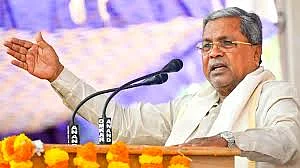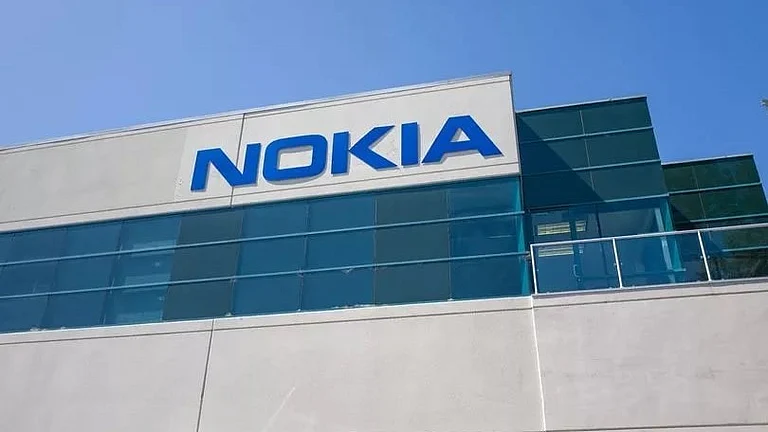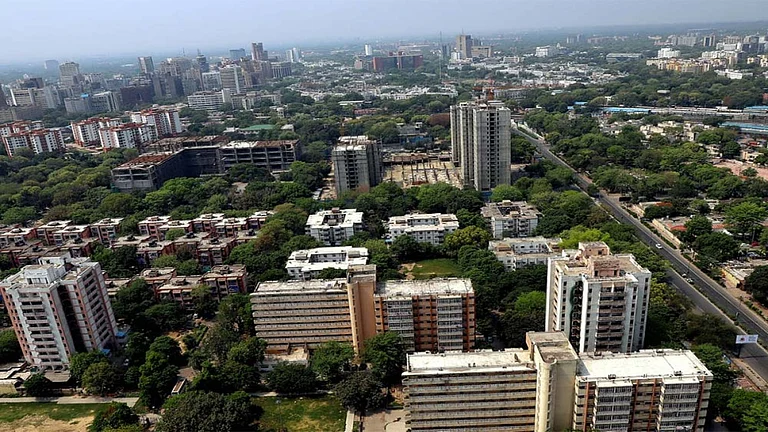Karnataka Chief Minister Siddaramaiah on Tuesday announced that the State government would establish three dedicated global innovation districts in Bengaluru, Mysuru and Belagavi.
The CM launched India's first dedicated Global Capability Centres (GCC) policy, aimed at empowering and supporting these centres.
"These (global innovation districts) will be dedicated parks for GCCs (Global Capability Centres) to set up shop here in the state," he said after inaugurating the 27th edition of Bengaluru Tech Summit (BTS) here.
The three-day tech conclave is organised by the State government's Department of Electronics, IT and BT, with Australia being the official country-partner for the event.
The chief minister said the Bengaluru Global Innovation District will be part of the Knowledge, Well-being, and Innovation City (KWIN City), which will serve as a global hub for innovation and research.
"Our state is a preferred destination for GCCs, thanks to its unmatched engineering talent and the highest number of AI professionals globally. This will further be strengthened by our initiatives under 'NIPUNA Karnataka' which will be a programme designed to create industry-ready workforce," he said.
Talking about the five MoUs signed at the tech summit with Microsoft, Intel, Accenture, IBM and BFSI Consortium, he said: "They are going to skill one lakh individuals in the state of Karnataka."
"Through a cluster-based approach, we are driving balanced regional growth, from Mangaluru's fintech leadership and Hubballi-Dharwad's advancements in EVs (electric vehicles) and drones - to Mysuru being a PCB (Printed Circuit Board) cluster," Siddaramaiah said.
"We are tailoring policies and infrastructure to harness regional strengths and attract investments to emerging clusters also along with our focus on Bengaluru," he said.
Stressing that the government has made significant investments in physical and digital infrastructure to bolster tech-driven sectors, the chief minister said: "Initiatives like the 'Namma Grama Namma Raste' programme for rural connectivity and the Special Development Programme are enhancing accessibility and economic opportunities across Karnataka."
"We believe in extending the benefits of growth beyond the tech sector through programmes like 'Beyond Bengaluru,' which bring technology to rural areas, increase agricultural productivity, and improve e-education for students and positively impact delivery of all citizen services," he said.
Siddaramaiah noted that Karnataka's startup ecosystem has seen remarkable growth, with an 18.2 per cent increase from 2022 to 2023, totaling 3,036 startups and making the state a leader with 8.7 per cent of India's total startups.
"This success reflects our strong support and vibrant opportunities for entrepreneurs. Our collaboration with the Indian Venture and Alternate Capital Association (IVCA) has connected more than 200 startups with 100 funding firms, providing capital, mentorship, and growth opportunities," he said.
The chief minister also said an Electronics Manufacturing Cluster (EMC) would be set up in Kochanahalli near Mysuru, which will strengthen Karnataka's role in the global semiconductor industry, creating jobs and driving economic growth in both urban and rural regions.
According to an official statement, the GCC policy, the draft of which was unveiled in September, targets to attract establishment of 500 new GCCs in Karnataka achieving a total number of 1,000 GCCs, to support creation 3.5 lakh new jobs and generating USD 50 billion in economic output in the state by 2029.
The policy emphasises a "Beyond Bengaluru" initiative to promote equitable development and catalyse economic growth beyond the state capital, the statement said.
The strategy is designed to leverage the unique strengths of cities like Mysuru, Mangaluru, Hubballi-Dharward-Belagavi, Tumakuru, Kalaburagi and Shivamogga. Incentives will be provided to companies setting up in these regions, providing rental reimbursement, grants for strengthening R&D infrastructure among other facilities, it added.
Information Technology Minister Priyank Kharge said this policy is a testament to the government's unwavering dedication to nurturing the expansion of GCCs, which are vital engines of technological innovation, operational prowess, and employment generation across diverse industries.
"With precision, we have tailored incentives and support structures to meet the distinct needs of these centres, enabling them to harness Karnataka's full potential. The policy is built upon four foundational pillars: Cultivating a highly skilled workforce, fostering collaboration between GCCs and Karnataka's vibrant innovation ecosystem, establishing a supportive regulatory framework, and offering targeted incentives for growth both within Bengaluru and beyond," he said.
At the summit, the government also announced the establishment of a Centre of Excellence on AI in Bengaluru to foster cutting-edge research and development.
According to officials, BTS 2024 is hosting delegations from over 15 countries, including the USA, Australia, the UK and France. These high-level delegations, featuring government officials, industry leaders, and innovators, will enrich the summit with diverse perspectives and collaborative opportunities, they said.
The summit features a multi-stage conference across six tracks: IT, Deep tech and Trends, Biotech and Health Tech, Startup Ecosystem, Global Innovation Alliance, India-USA Tech Conclave, and the newly introduced Electro-Semicon track.































